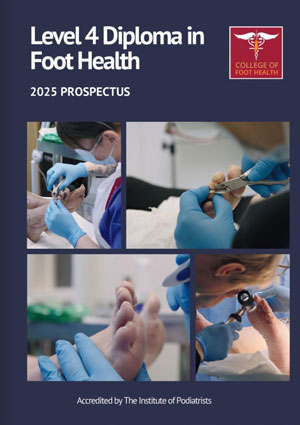The last remaining COVID restrictions in England have ended (24th Feb), in the Republic of Ireland the mandatory requirement to wear a mask was removed (28th Feb) and Scotland’s restrictions are due to end on 21st March.
The guidance from NHS England, the UK Health Security Agency, the Northern Ireland Public Health Agency, and Public Health Wales continues to recommend Type II or Type IIR face coverings in healthcare settings.
The advice also recommends that: “physical distancing of one metre should still remain, increasing whenever feasible to two metres, across all health and care settings”. The guidance continues to recommend that staff and organisations continue to undertake risk assessments using ‘hierarchy of controls’ measures. This should include an evaluation of the ventilation in the area, operational capacity, physical distancing and prevalence of Covid-19.
This information is applicable to all health professionals. The Government link is: https://www.gov.uk/government/publications/covid-19-management-of-exposed-healthcare-workers-and-patients-in-hospital-settings/covid-19-management-of-exposed-healthcare-workers-and-patients-in-hospital-settings.
There is a good ‘Nursing Times’ article, that shares concern from a health professional prospective of what is likely to happen post 1st April. https://www.nursingtimes.net/news/coronavirus/living-with-covid-19-what-new-plan-means-for-nurses-22-02-2022/
The guidance has also made a range of recommendations for occupational health practitioners working within the NHS, health or care settings. This has included re-emphasising that “prompt recognition” of cases of respiratory infection among health and care staff remains essential to limiting transmission. “All staff should be vigilant for any signs of respiratory infection and should not come to work if they have respiratory symptoms.
Full Infection Control Precautions can be found here Infection prevention and control for seasonal respiratory infections in health and care settings (including SARS-CoV-2) for winter 2021 to 2022 – GOV.UK (www.gov.uk)
There are additional resources for your clinic including best practice hand wash, best practice hand rub and sample screening tools available via this link COVID-19: infection prevention and control (IPC) – GOV.UK (www.gov.uk)
In the Republic of Ireland with effect from 28th February, the mandatory requirement to wear masks was removed, whilst public health advice that masks should continue to be worn on public transport and in healthcare settings remains. Please see https://www.gov.ie/en/publication/aac74c-guidance-on-safe-use-of-face-coverings/



